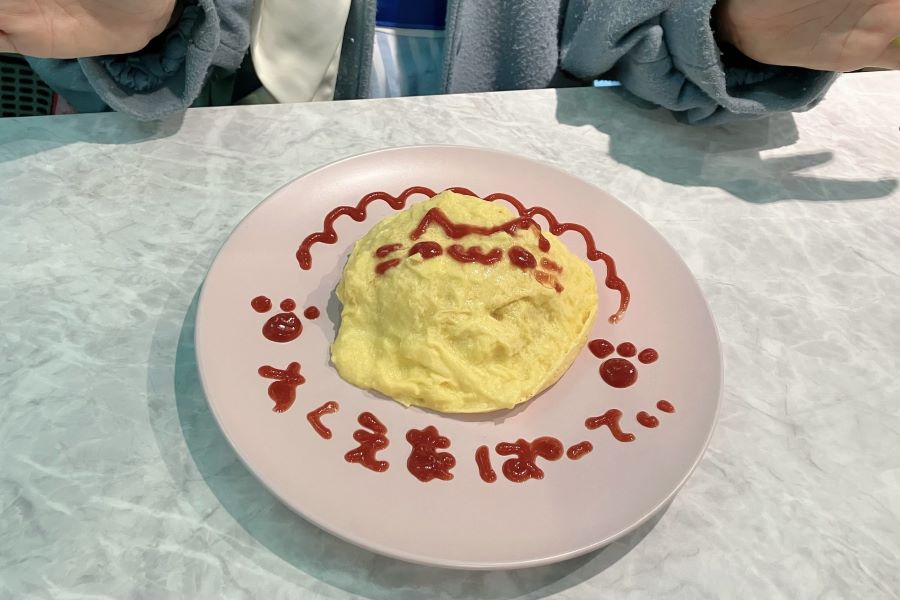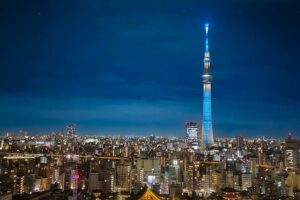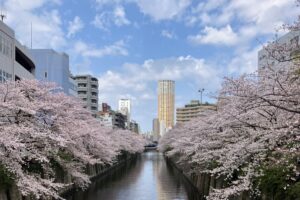What Is Aikome? The Secret Charm of Maid Cafes in Japan

When travelers visit Japan, many are curious about maid cafes, a unique subculture experience especially popular in Akihabara. While the cute costumes and themed food are often highlighted, there is one special custom that truly sets maid cafes apart: “愛込め (aikome).”
What Does Aikome Mean?
In Japanese, 愛 (ai) means “love” and 込める (kome-ru) means “to put into.” Together, aikome literally means “putting love into something.” At maid cafes, it refers to the way maids “add love” to a dish before serving it to customers.
How It Works
When you order an omurice or a parfait, the maid may draw a heart on top with ketchup or syrup. Then, together with the customer, she chants a short, playful phrase to “charge” the meal with love and happiness. Common gestures include:
- Drawing hearts in the air with fingers
- Saying cute words like “moe moe kyun”
- Asking the guest to repeat after her
It may feel a little silly at first, but that’s part of the fun—and it creates a warm, welcoming atmosphere that makes the cafe more than just a place to eat.
Why It Matters
For many visitors, the highlight of a maid cafe is not the food itself but the interaction. Ai kome turns an ordinary meal into a small performance, breaking the ice between staff and guests. It’s a reminder that maid cafes are about hospitality, playfulness, and shared experience.
Tips for Travelers
- Don’t be shy! Even if you don’t understand all the Japanese words, just mimic the maid’s gestures and enjoy the moment.
- Photos are limited. Usually, personal photos of the maids are not allowed, but you can pay for a commemorative “cheki” (instant photo) where the maid decorates it with cute drawings.
- Enjoy it as theater. Think of it like interactive entertainment rather than just dining.
Where to Try It
The most famous maid cafes are in Akihabara, Tokyo, but you can also find them in Osaka’s Nipponbashi (Den-Den Town) and other cities. Each cafe has its own unique style, from traditional “classic maid” atmospheres to modern, pop-culture-inspired cafes.


